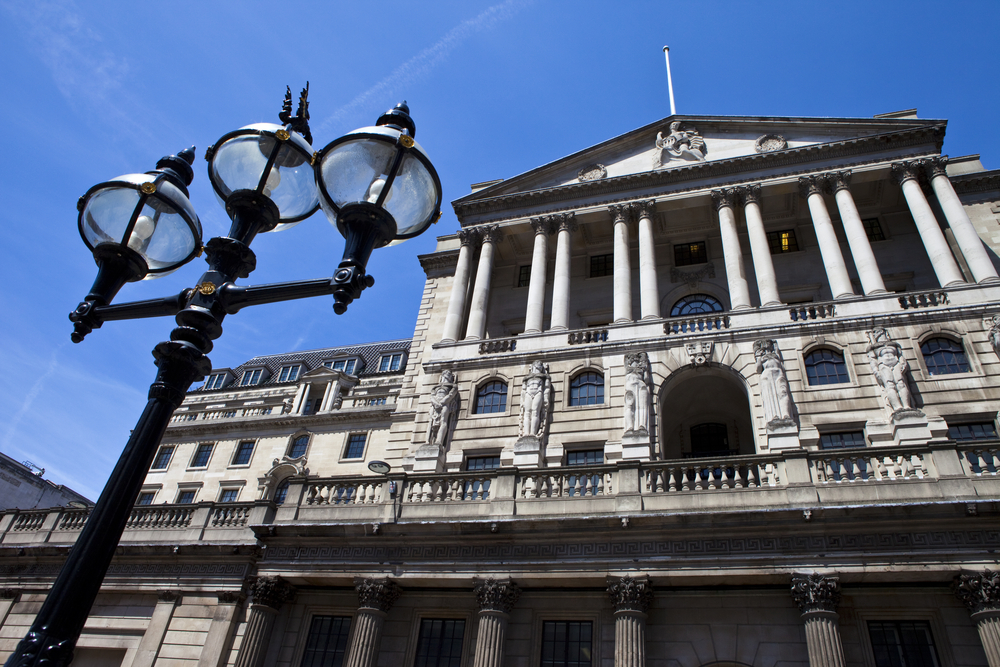The Bank of England announced yesterday that interest rates in the UK will remain at 5.25%, ending a spell of 14 consecutive increases.
The decision to halt interest rates was due to “increasing signs” cited by the central bank that a rise would hurt the country’s economy due to the already high levels of inflation.
The Bank of England also stated that prices were slowing faster than expected, but the 5.255 interest rate still remains the highest the UK has seen in 15 years, causing a strenuous cost-of-living crisis for consumers and businesses.
Despite interest rates not increasing further, Andrew Bailey, Governor of the Bank of England, cautioned “premature celebration” as he notes that tackling inflation down to 2% remains the bank’s priority.
Bailey commented: “Inflation has fallen a lot in recent months, and we think it will continue to do so.
“I can tell you that we have not had any discussion about reducing rates, because that would be very, very premature. Our job is to get inflation down.”
This decision still leaves customers and businesses, in particular small businesses, in the UK in a precarious position, as rising prices and high interest rates have become a major cause for concern.
Whilst acknowledging his satisfaction with interest rates not rising for the 15th consecutive time, Theo Chatha, Chief Financial Officer at Bibby Financial Services, admits that the “future remains unclear”.
He said: “The decision to hold interest rates at their current level is welcomed. But, while businesses might breathe a sigh of relief at this pause, the future remains unclear – and we’re certainly not out of the woods yet.
“The reality is that rates remain the highest they have been in 15 years, which is having a particularly acute impact on the UK’s 5.6 million SMEs.
“Six in ten (61%) of SMEs owners we recently surveyed named inflation and rising costs as their number one concern, and today’s rate hold won’t change that.”
Whilst major businesses may have the capabilities to endure an economic downturn, the same cannot be said for small businesses, as a rise in prices will naturally cause a lower demand for goods and services.
Smaller loan businesses will also feel the effect, as many consumers receiving loans may not be able to pay back them back on time, causing higher interest too, which the same can be said for businesses paying back loans, causing margins to erode.
Chatha has called on the UK government for more support for small businesses who have become the backbone of the country’s economy. Research from Finder shows that 99% of UK businesses are small or medium-sized enterprises (5.6 million), but that 2022 figure has dropped from the pre-pandemic peak of 5.9 million in early 2020.
“Inflation must be tamed, but it’s critical that policymakers avoid simultaneously damaging business confidence to the point it undermines growth. We would urge the Government to examine the support it can offer SMEs,” added Chatha.
“Small businesses we talk to tell us they’d welcome tax incentives and low interest grants. We’d also encourage the government to communicate more clearly with SMEs about how they can access finance.”























